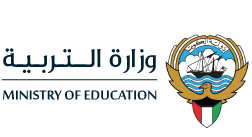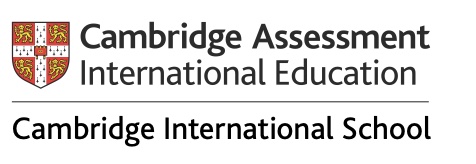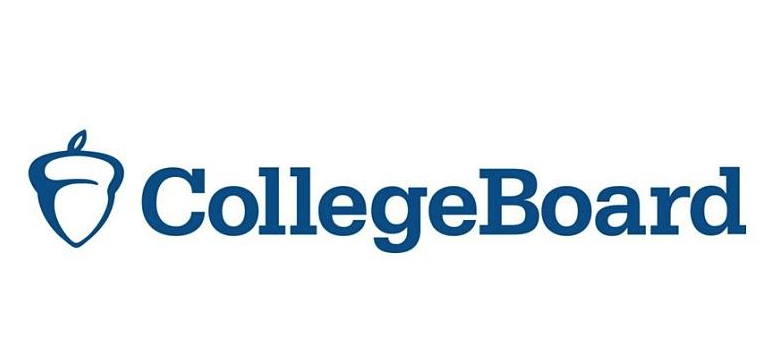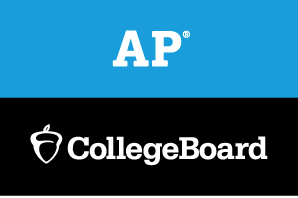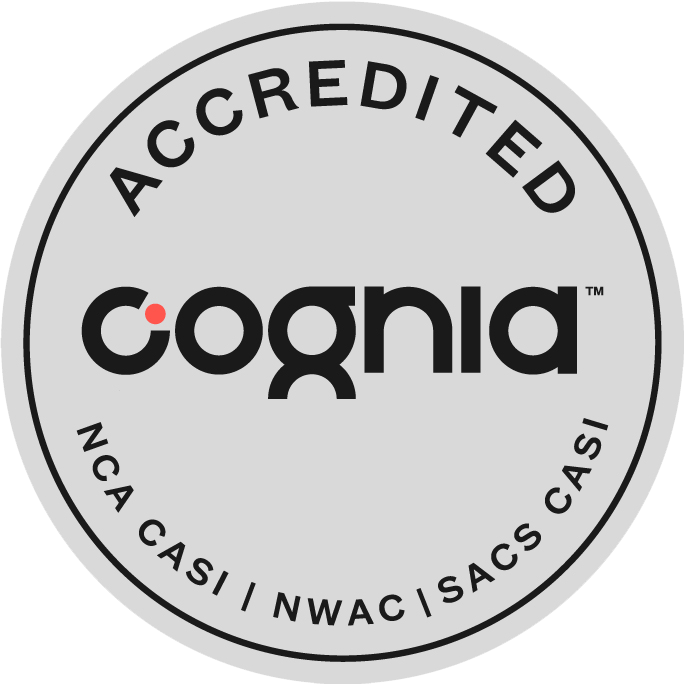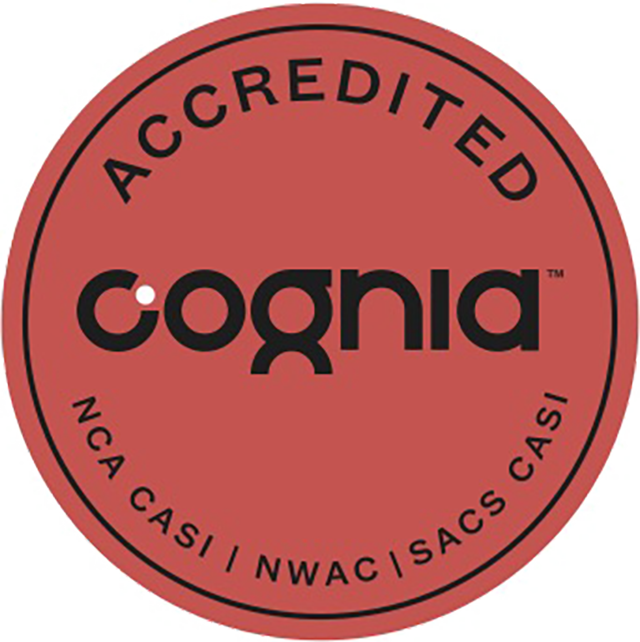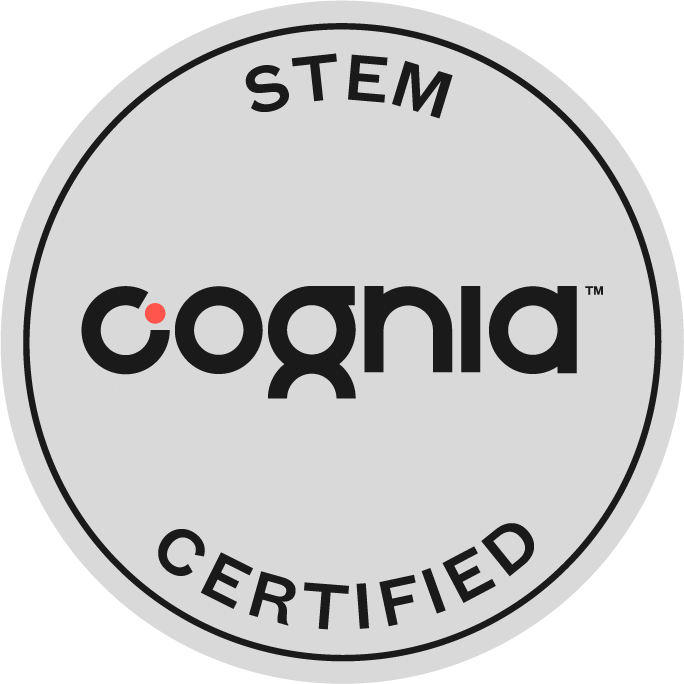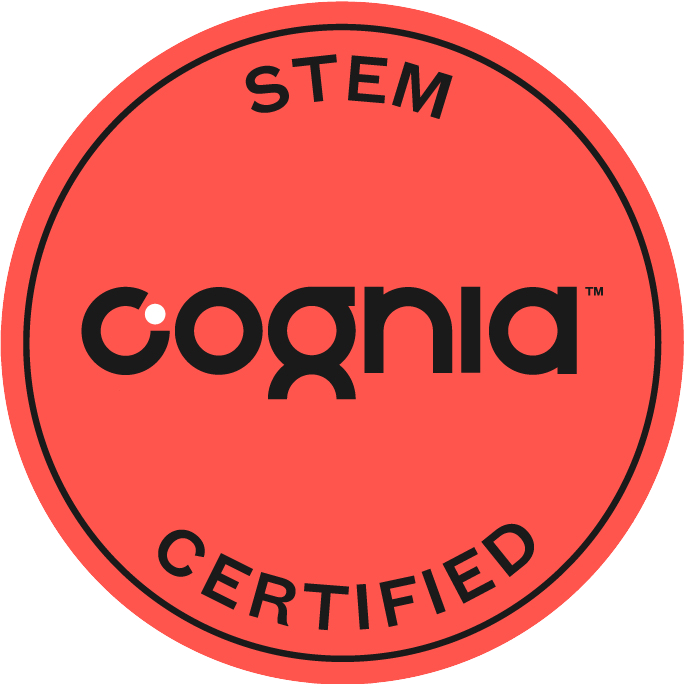The Renaissance School
A holistic education equipping students with the knowledge and skills to face any challenge life presents
The School will be a split campus offering a world-class education to all students. Each curriculum, campus dependent, will be inspired and strongly influenced by American or British Standards, but will also have its own unique style. Students starting in KinderZone™ will benefit from an education that inspires them to harness and pursue their individual talents while still benefiting from a holistic liberal arts education.
The customized learning ecosystem will encompass deep-language learning, visual and performing arts, scientific and mathematical problem-based learning, well-being and mindfulness, all using an innovative approach we call FUSION™! We aim to create the quintessential renaissance student, who will be able to thrive in any context after graduation. Students study a range of subjects across Five Domains of Learning and work towards Mastery in each domain area leading to a Senior Seminar, where they undertake rigorous academic research in one of the Five Key Domains.
The School had already expressed interest and has completed the initial phases of applications for candidacy for a range of accrediting bodies and academic affiliations such as: New England Association of Schools and Colleges (NEASC); British Schools in the Middle East (BSME); Cambridge University Press (CUP); Cambridge Assessment International Education (CIE); Pearson (formerly Edexcel); GL Assessment; and The Educational Collaborative for International School (ECIS) just to name a few and several more will be added once our doors are opened.
Learning Design
The International School of Kuwait references the i-cubed empowerment model™ to engender a culture of learning.
The i-cubed empowerment model™ seeks to inspire students to embark upon new challenges, inquire deeply into unfounded areas, while making the greatest impact on their knowledge and skills acquisition and to engender a sense of a life filled with the pursuit of learning.

Our Core Values
The learning design and the pedagogical nature of ISK are deeply grounded in its five core values.
Educators are tasked with the responsibility of using the core values as the basis for planning all learning experiences.
Integrity
Trust, honesty, sincerity, respect, reverence, deference, dignity, compliance
Empowerment
Inspiration, impact, achievement, goals, optimism, aspirations, ambition, commitment
Inclusivity
Embracing all learners, inclusion, diversity with respect to race and religion
Inquiry
Questioning, lifelong learning, long range planning, foundational, accountability, responsibility, perseverance, obligation
Well-being
Gain, prosperity, mindfullness, passion, optimism, aspirations, joy, spirit, environmental sustainability
The International School of Kuwait endorses a standard core methodology to achieving a 21st Century Education for all Schools, which it operates, through collaboration amongst all stakeholders, with an emphasis on student-centered teaching and conceptual and contextual-based learning.
The International School of Kuwait fosters a holistic environment in its learning ecosystems with a fusion of well-being and mindfulness, physical engagement and innovation with a steam based focus at its core.
FUSION™
FUSION™ is our core methodology to provide our students with a 21st century education
- Student-centered teaching
- Collaboration
- Conceptual and contextual-based learning
- Community / societal connections
All of the aforementioned will be achieved through the use of various mediums
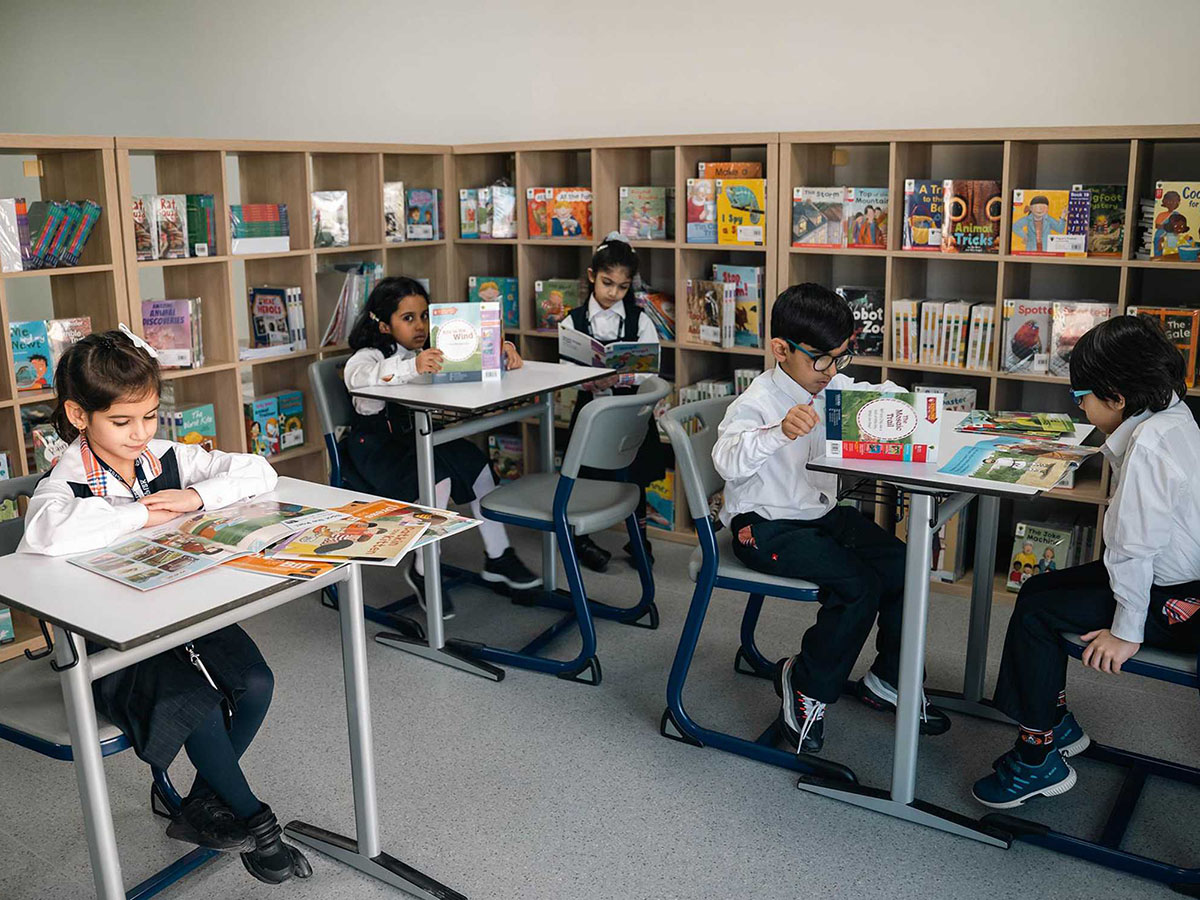
Key Conceptual Design Features
All Al Ekhlas International Schools will encompass the following design features despite curriculum being offered.
Well-being / mindfulness spaces for Social and emotional learning to transpire.
Physical engagement including sports, dance, yoga, Pilates and martial arts.
Innovative / idea spaces, which promote a robust STEAM based-curriculum.
Students are able to access the curriculum, which is referred to as Curriculum X. Curriculum X or the reasons as to why a theme, topic or subject should be explored is built on a set of Pathways to Learning, which takes places either in the living or non-living learning ecosystems. The living learning ecosystem is the classroom environment and interactions with humans and the non-living learning ecosystem is exhibited through the use of digital learning technology platforms.
The Pathways of Learning provide students with two Levels of Access to Mastery: 1. Core/ Grounding; and, 2. Advanced/ Expanding. Each Level of Access to Mastery encompasses four Phases of Learning: 1. Acquiring; 2. Associating; 3. Stabilizing; and, 4. Mastering. Please see the document titled "ISK CURRICULUM X DOMAINS". This framework assists educators to develop meaningful learning experiences, while being able to gauge students' progress along their learning journey, leading to authentic assessment outcomes.
Qualifications offered at ISK
We offer courses recognized and accredited by school boards worldwide
The International School of Kuwait (ISK) is pleased to offer International General Certificate of Secondary Education (IGCSE) to students in Years 10 and 11 (British-section only) and the following qualifications to its graduating Seniors (Grade 12/ Year 13):
- Advanced Placement (AP)
- American High School Diploma (Accredited by Cognia)
- General Certificate of Education (GCE) A-levels
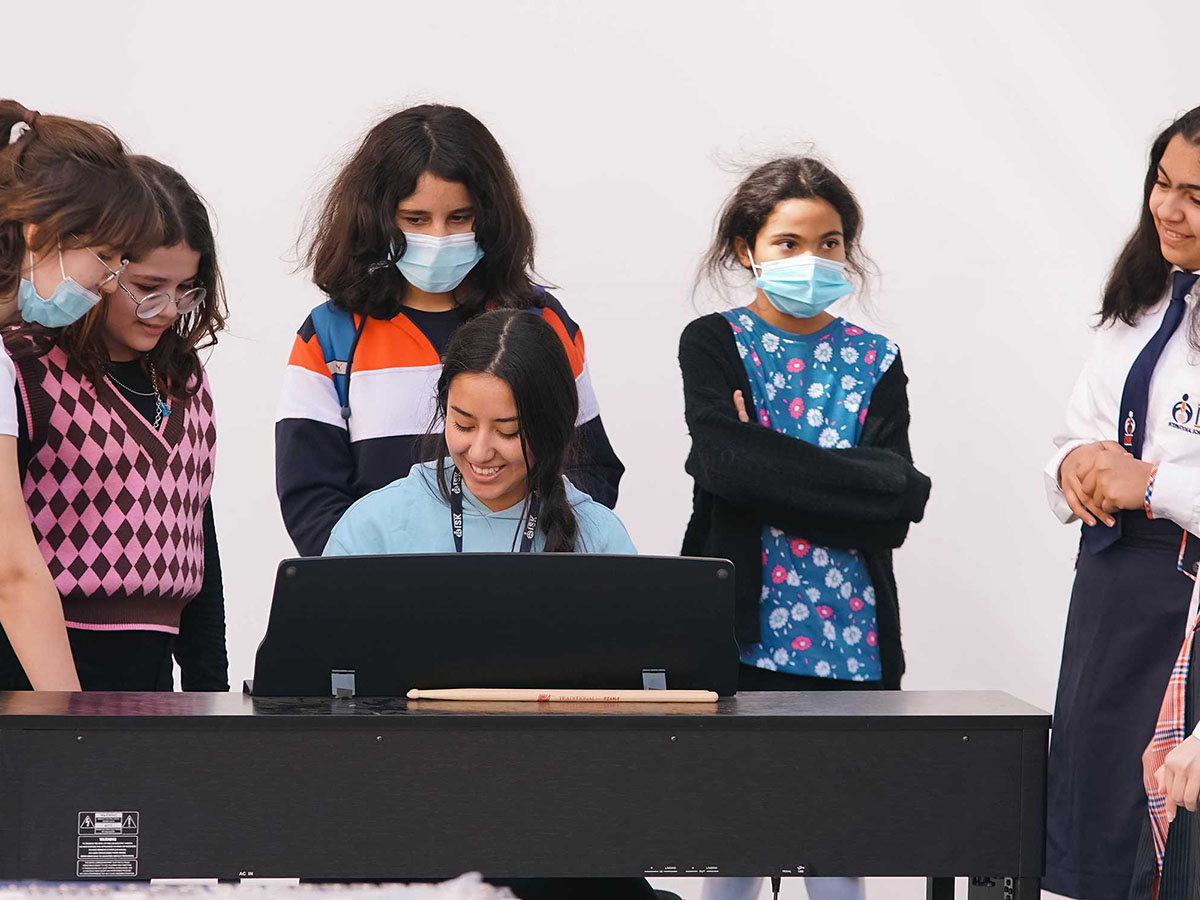
Live to Give
"It is through giving that we receive"
— St. Francis of Assisi
Live-to-Give, our service learning programme, aims to instill in all ISK students and members of the ISK community the importance of giving back to their local, national and global communities. We are all guardians of this unique environment we call planet Earth, and the embedded ethos is that we must each take our responsibility seriously to have the greatest impact.
Live-to-Give is not only about the giving of tangible things, but also encompasses how we interact with each other on a day-to-day basis. How we treat others with whom we come in contact. In order to achieve this aim, an enormous level of trust is placed in our in each member of our community at the outset and to remind us, we have a "Codicem Conductum" or a Code of Conduct.

"The best way to find out if you can trust somebody is to trust them."
— Ernest Hemingway
Codicem Conductum (Code of Conduct)
Quod principium... (Being principled...)
Being principled means that one must always maintain a high level of integrity, even in the face of adversity.
Being principled ensures that the core values of the Organization and the school are well embedded in its culture and are based on trust, honesty, dignity, and respect for all.
Our Codicem Conductum articulates what we cherish from each person within our organization. This includes but is not limited to students, parents, teachers, administrative staff, bus drivers, food service workers and security personnel. It highlights our responsibilities to each other.
Well-Being and Mindfulness
In order to look after one's Well-being, it is important to practice Mindfulness.
One of the Five Curriculum Domains is Domain X, which is at the very center of the Curriculum. Domain X focuses acutely on the Social and Collaborative nature of learning. There is a well-developed curriculum by which all students follow within this particular domain area and addresses social, emotional, economic and health matters and provides students with the awareness and skills that build resilience when confronted with inevitable challenges in each of these areas.
Students have weekly classes that focus on well-being and mindfulness and the curriculum is developed and monitored by the Head of Well-being and Guidance, which has a department of three trained and qualified psychologists. All educators are provided with the prerequisite training in order to be able to teach mindfulness and assist the Well-being team in the execution and delivery of the Domain X.

The School has invested in dedicated spaces or "Well-being PODs" across all grade levels included in the Learning Resources Center for students to have such classes. The "Well-being PODs" are designed for up to sixty people and are curtained off to allow for individual classes to meet with their teachers or have groups from various classes meet to collaborate and discuss topics and themes.
The benefits of mindfulness provide a range of intangible benefits but enable students to be at their very best and will ultimately aid in the promotion of learning at all levels. Some benefits include but are not limited to:
- Regulate emotion (which also helps us think more clearly!)
- Improve attention
- Enhance executive function (a set of mental operations that involve focus, attention, problem solving, planning, and working memory)
- Increase motivation and learning
- Enhance empathy and promote prosocial behavior
- Reduce stress and improve well-being
While studies that look specifically at the effectiveness of mindfulness in a school setting are still somewhat limited, it is clear that the skills listed above offer advantages for increasing teachers' efficacy and students' academic success.
Taken from the University of Minnesota's "Taking Change of Your Health and Well-being Center" Mindfulness in Education

